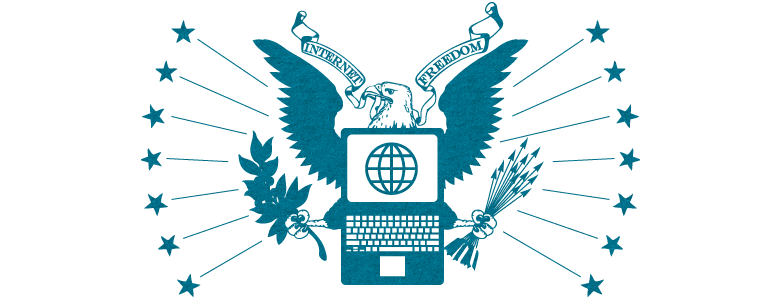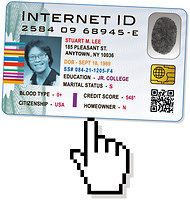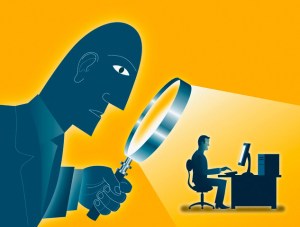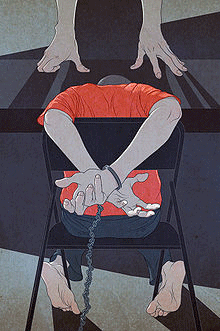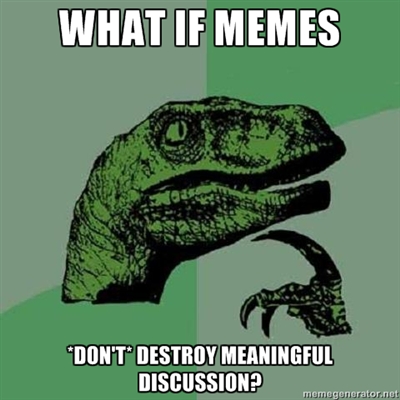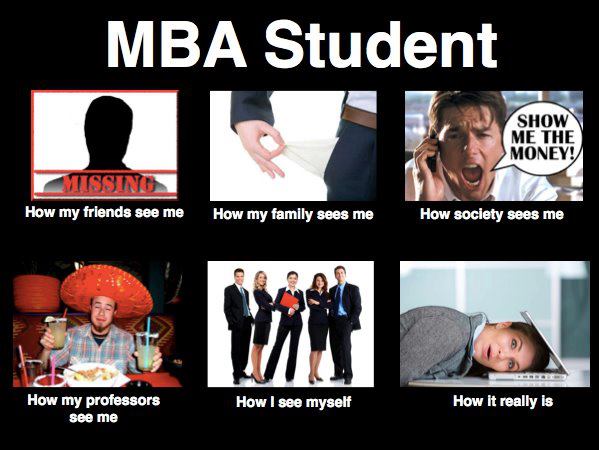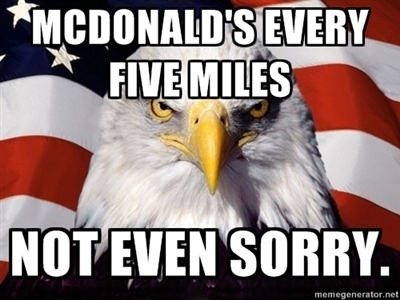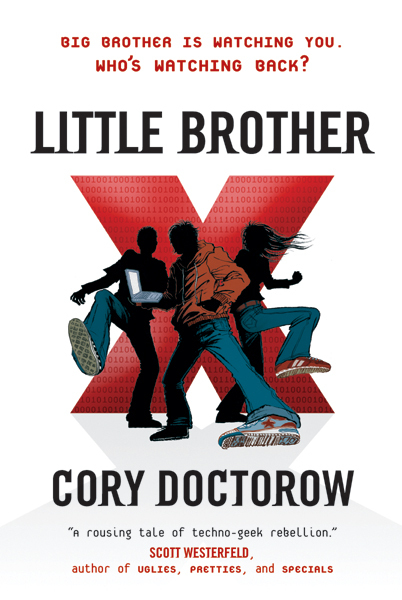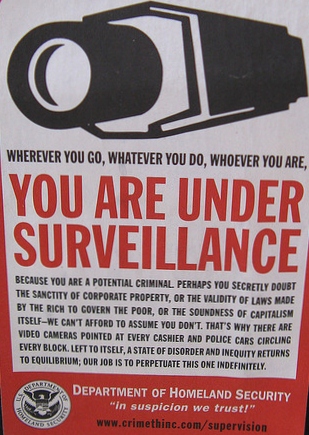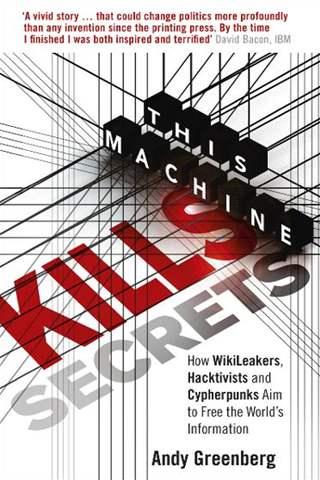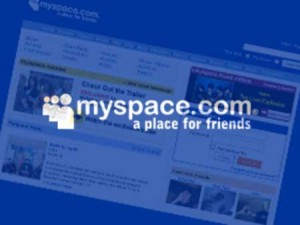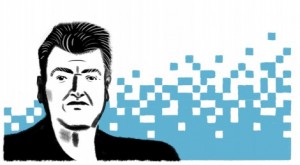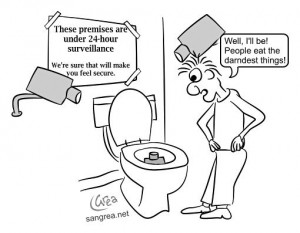(Marcus and Ange are in the infirmary. He just getting check that he doesn’t have a concussion.)
Marcus: Alright, Ange I-I didn’t want to tell you this, … I was hoping it was just my imagination…
Ange: Marcus! What is it?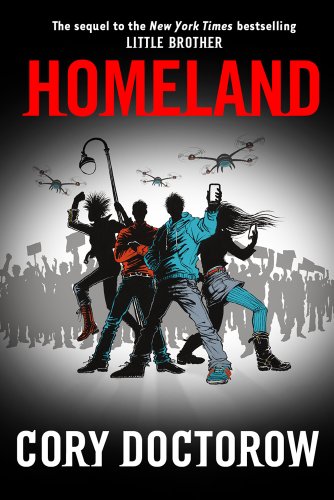
Marcus: It’s..It’s Zeb and Masha
Ange: What about them?… they did this?
Marcus: No! They’re gone!… Taken actually. I tried looking everywhere for them and Carrie Johnstone and her stupid goon squad, but I couldn’t find them. They’ve disappeared!
Ange: Wait Marcus slow down! I think you should get checked again.
Marcus: No! jus listen for a sec. It’s the bogeywoman woman, the “Severe Haircut Woman,” her real name is Carrie Johnstone. As the temple was burning I noticed her walking around with a camera. Remember when you asked me what was wrong?
Ange: Yea
Marcus: Well I froze and tensed up because it was her. She passed right by me and I didn’t want to say anything or think anything of it, but when the explosion happened… (Staring off into the distance)
Ange: What? Marcus, what happened?
Marcus: It was her, she did it…. I saw Masha and Zeb walking very stiff and walking very close behind them were a pair of large men in stocking caps just like the ones Carrie Johnstone had been wearing. There was something wrong with them, and I couldn’t place it for a moment, but then it hit me: they were darktards. They disappeared in the dark of the open playa and that’s when the explosion happened.
Ange: The DHS? They’re back? But why?….it’s that USB file Masha gave us. They’re after it.
Marcus: (in a startled voice) The USB! (searching around in his pockets…then pulling it out)
Ange: Marcus if this is what they’re after, then it’s only a matter of time they realize Masha and Zeb don’t have it…and they’ll come after us.
Marcus: We need to get out of here
(back in San Francisco, in Marcus’s room. Marcus and Masha are sitting on his bed talking. Darryl walks in the room)
Darryl: He man what’s up, you left a message on phone, sounded all worried. I came over as soon I could. What’s wrong?
Marcus: Alright Marcus, man I know you been through a lot the past couple of years, but something’s come up.
Ange: I told him to leave you out of this.
Marcus: Ange I’m giving him a choice.
Darryl: A choice for what, what’s going on?
Marcus: Remember the lady that took us, Carrie Johnstone, the DHS?… They’re back. They after this (takes out the USB) and they took Masha and Zeb.
Darryl: What is that?
Marcus: That’s the thing. We don’t know yet, but you can’t see it unless you’re in. Masha and Zeb told us to guard it and if anything were to happen to them, we have to scream it from the mountaintop. Me and Ange got a plan, but we need your help. It’s going to dangerous and life threatening. So you can walk away or pull out the laptop and take a look at this with us. You know, “Red Pill, Blue Pill” kinda thing.
Ange: Nice to know you still have your sarcasm Marcus.
Darryl: Marcus what happened to me, still haunts my dreams. I can’t sleep or even walk home without thinking someone is gonna come out of nowhere and pull me into a van and drive off without anyone even knowing I’m gone.
Marcus: I understand Darryl…
Darryl: But it’s time I get over those fears and fight back… so count me in. What’s the plan?
Marcus: Well we’re meeting an friend of mine I met at college at this address, where it’s safer and we know for sure no one is watching. Then we can get started.
(Underground room- Marcus, Ange and Darryl walk into the room. Charlie already there)
Marcus: Darryl this is Charlie, Charlie this is Darryl and you’ve already met Ange.
Charlie: hey guys what’s up… We should probably get started. Marcus hand me the USB.
(Marcus pulls out the USB and Darryl pulls out his laptop. They all sit around the laptop. They plug in the USB and open the files.)
Darryl: Holy Shit! This is supposed to be our government protecting us? Whatever happened to our right to privacy?
Charlie: Please tell me no one here has gotten a flu shot recently?
Marcus: Not me. Ange?
Ange: No, I’m clean.
Darryl: Same here, clear.
Charlie: And to think my mom was whining about me not getting one, talking about now I’m going to get sick.
Darryl: And what exactly do you plan on doing with this.
Ange: Hack into the network and broadcast it on national television.
Darryl: do you have any idea the damage it’ll do to the government.
Charlie: I mean cameras and tracing calls is one thing. But microchips and tracking devices?, that’s whole other playing field.
Ange: And they’re telling people it’s the flu shot. I mean look at it, it’s the size of a dust grain no one would ever know.
Marcus: It’s time we take our freedom back and letting everyone know about this is the first step. Like Masha said, we got to “shout it from the Mountain tops” and what better way than national television.
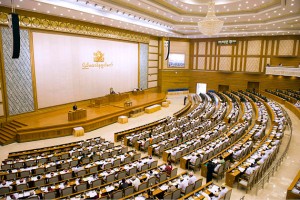 In award-winning journalist, Mathew Ingram’s article, Is the UN the Next Big Threat to Internet Freedom?, he explains how the International Telecommunications Union (ITU), an arm of the United Nations, wants very much to take over management of the Internet. One member of the bipartisan committee of U.S. congressional officials that wish to resist this attempt , Representative Fred Upton (R-Mich.), said in a statement before the hearing that:
In award-winning journalist, Mathew Ingram’s article, Is the UN the Next Big Threat to Internet Freedom?, he explains how the International Telecommunications Union (ITU), an arm of the United Nations, wants very much to take over management of the Internet. One member of the bipartisan committee of U.S. congressional officials that wish to resist this attempt , Representative Fred Upton (R-Mich.), said in a statement before the hearing that:
